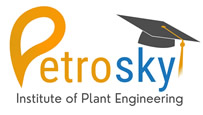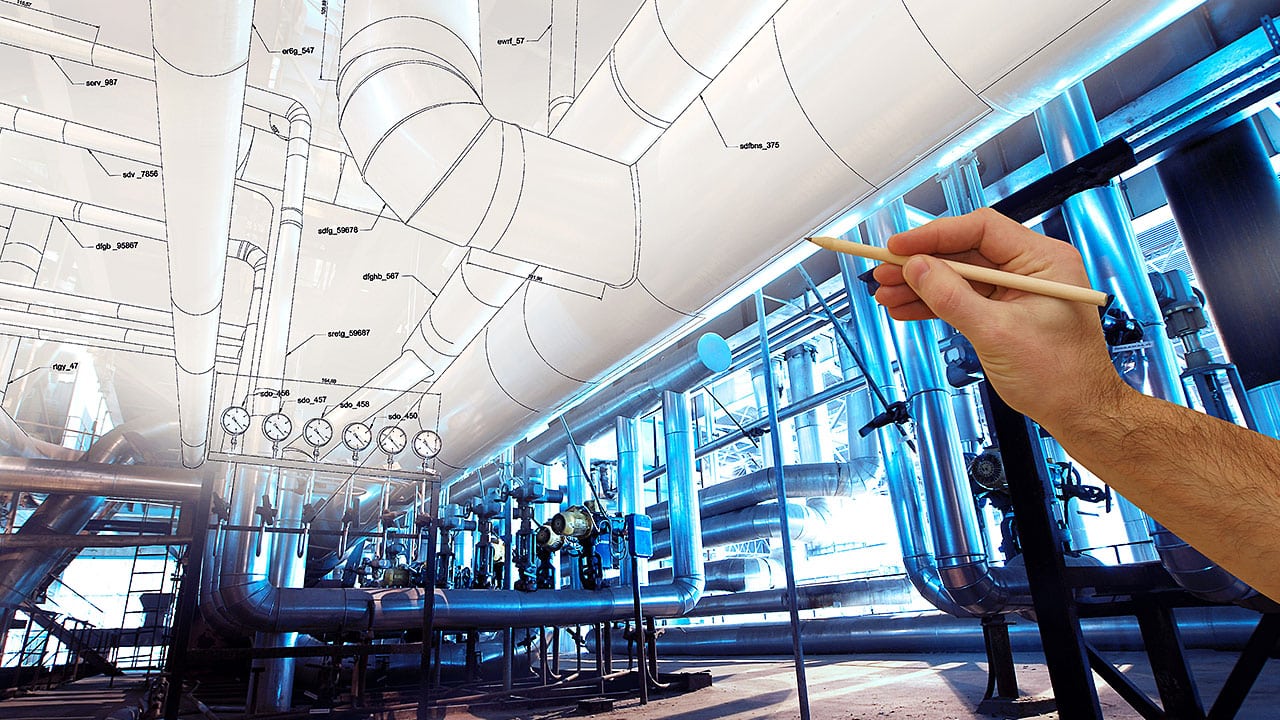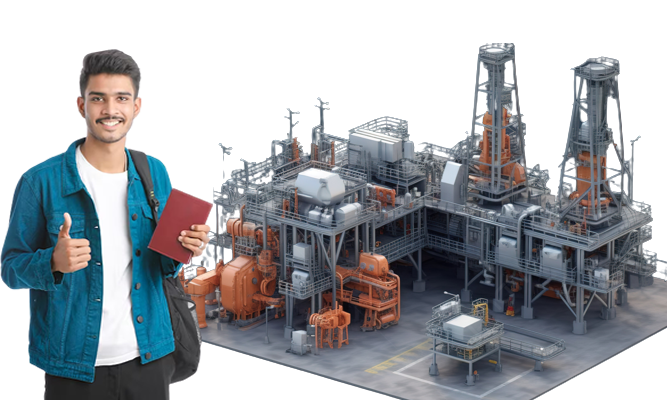PETROSKY INSTITUTE OF PLANT ENGINEERING
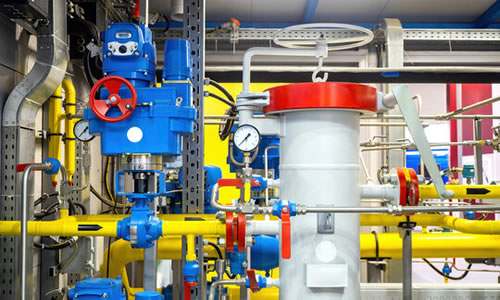
Process engineering course at Petrosky Institute emphasize fundamental principles and practices in pipeline projects. Participants learn fluid flow calculations, pipeline sizing, and material selection. They explore process simulation software and optimization techniques, gaining insights into safety, environmental concerns, and regulatory compliance. The curriculum covers integrating pumps, compressors, and separators into pipeline systems. Ultimately, graduates gain a comprehensive understanding of thermodynamics, fluid dynamics, heat transfer, and mass transfer in process engineering.
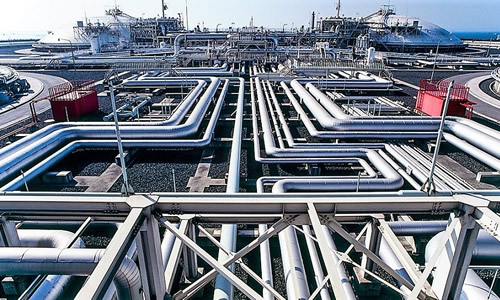
Piping layout design training provides a thorough grasp of piping codes, standards, and best practices essential for designing and implementing piping systems across industries. Participants delve into standards like ASME B31.4, B31.8, and API 570, gaining hands-on experience with CAD software for 3D modeling and layout design. Emphasis is placed on accessibility, maintainability, and safety in design to ensure compliance with industry regulations. By course completion, individuals are adept at creating detailed piping designs that optimize operational efficiency and facilitate maintenance within pipeline infrastructure.
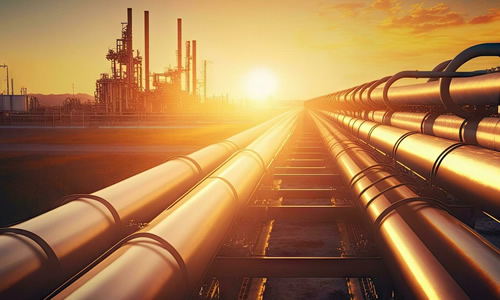
Pipeline engineering course helps you learn in deep about intricate network that transports energy resources across vast distances. Students explore design principles, material selection, and construction techniques crucial for durability and safety. Topics cover fluid dynamics, corrosion prevention, and environmental impact assessments to ensure sustainable practices. Practical simulations and case studies illuminate real-world challenges, emphasizing regulatory compliance and risk management. Advanced topics include pipeline integrity management and the integration of digital technologies for monitoring and maintenance. Graduates emerge equipped to tackle global energy demands responsibly, contributing to the safe and efficient transport of vital resources worldwide.
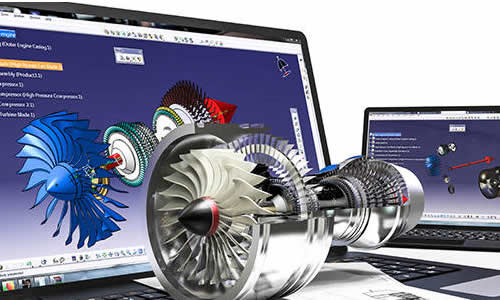
Mechanical engineering design at our training institute focuses on equipping students with the skills to create and refine mechanical systems and components. Through hands-on projects and cutting-edge software, learners master the principles of mechanics, materials science, and thermodynamics. Our curriculum emphasizes practical application, from conceptualizing innovative solutions to utilizing CAD tools for detailed modeling and simulation. Students gain experience in prototyping, testing, and optimizing designs to meet industry standards for performance and safety. By integrating theoretical knowledge with real-world practice, our program prepares graduates to tackle complex engineering challenges and excel in the field of mechanical design.
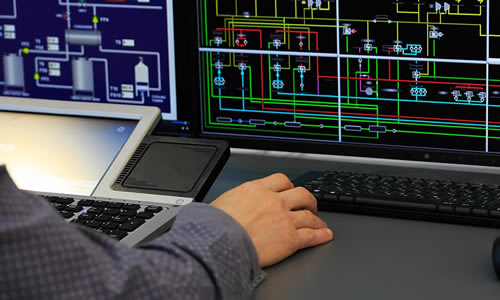
Enrolling in this course you will learn about electrical power distribution, instrumentation, and control systems integration. Explore standards such as NEC, API RP 500, and API RP 14F. Gain practical experience in designing electrical layouts, specifying equipment, and ensuring safety and reliability in hazardous environments. Understand the role of SCADA systems and telemetry in monitoring and controlling pipeline operations. By the end of this course, you'll be equipped to design and implement electrical solutions that meet the rigorous demands of pipeline infrastructure.
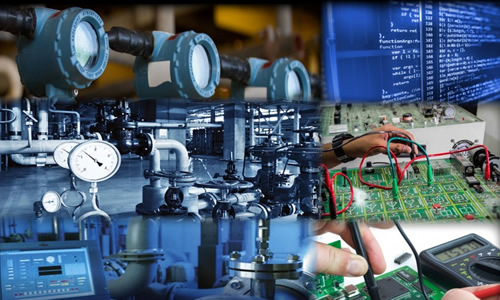
Instrumentation Engineering course in Petrosky Institute delves into the specialized field of designing instrumentation and control systems. Learn about sensors, transmitters, and control valves selection. Explore principles of process control, SCADA systems, and safety instrumented systems (SIS). Gain hands-on experience in designing instrumentation layouts and integrating control strategies compliant with industry standards like ISA and API. Understand the importance of reliability, accuracy, and safety in monitoring and controlling pipeline operations. By the end of this course, you'll be proficient in designing robust instrumentation solutions that optimize pipeline performance and ensure regulatory compliance.

Civil & Structural Engineering course focuses on the essential skills and knowledge required for designing civil and structural elements within pipeline projects. Learn about foundation design, trenching, and pipeline routing considerations. Explore structural analysis methods for supports, bridges, and crossings. Gain expertise in applying codes and standards such as AISC, ACI, and API RP 1102. Understand the integration of environmental factors, geotechnical considerations, and regulatory requirements into pipeline infrastructure projects. By the end of this course, you'll be equipped to design robust and sustainable civil and structural solutions that support safe and efficient pipeline operations.
